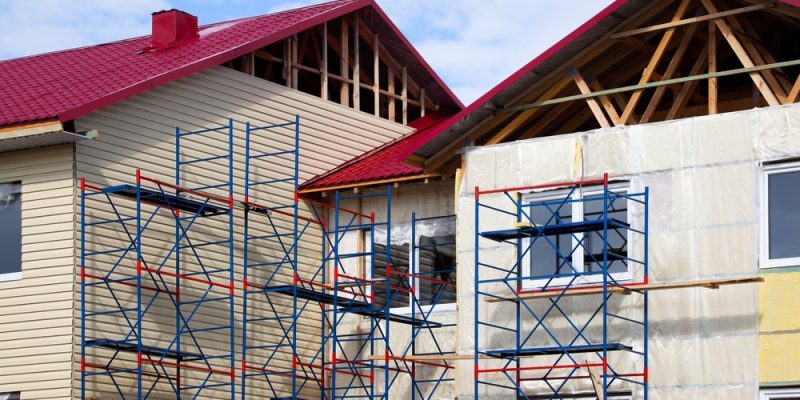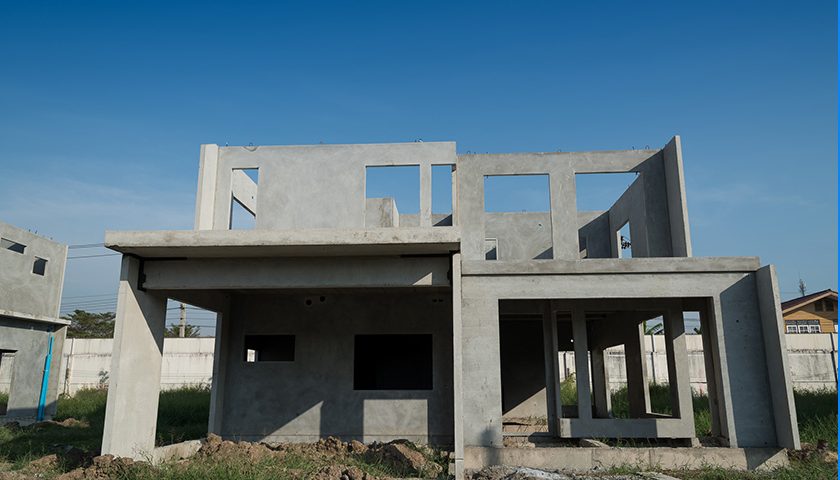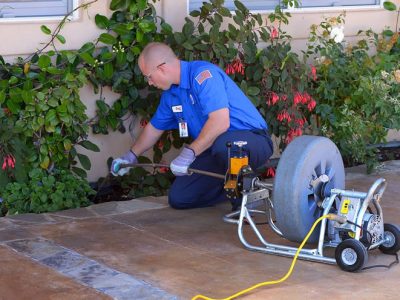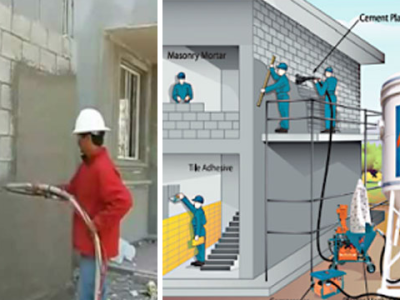
The landscape of residential construction is undergoing a significant transformation, shaped by innovative trends and technologies. This article delves into the future of home building, exploring the advancements that are set to redefine how we construct and inhabit our homes.
Sustainable Materials: The Cornerstone of Future Homes
A major shift in residential construction is the burgeoning use of sustainable materials. These environmentally-friendly choices are not only crucial for the health of our planet but also offer enhanced durability and energy efficiency. Materials like recycled steel, bamboo, and sustainably sourced timber are becoming more commonplace, reflecting a commitment to reduce environmental impact.
In regions like Shrewsbury, builders are increasingly focusing on sustainable practices. Notably, Shrewsbury builders are experimenting with innovative materials such as hempcrete, a biodegradable mixture derived from the inner fibres of the hemp plant. Hempcrete not only minimises the ecological footprint of new constructions but also improves insulation, thereby enhancing the energy efficiency of homes.
Smart Home Technology: A Leap into the Future
The integration of smart home technology is transforming residential construction into a more interactive and interconnected experience. These advanced systems offer homeowners enhanced control over their environment, encompassing aspects like energy management and security. The incorporation of IoT (Internet of Things) devices is making homes more responsive and automated, elevating both convenience and efficiency.
Future smart homes will transcend conventional gadgetry, focusing on how technology can genuinely enrich living spaces. Advancements in artificial intelligence and machine learning will enable homes to adapt to occupants’ lifestyles, adjusting settings for optimal comfort while minimizing energy usage. This shift will not only heighten living comfort but also contribute significantly to reducing the environmental impact of homes.
Modular and Prefabricated Construction: The New Frontier
Modular and prefabricated construction methods are poised to become a pivotal element in residential building. These techniques involve constructing parts of a home in a controlled factory setting before transporting them to the building site for assembly. This approach offers numerous advantages, including reduced construction time, minimised waste, and enhanced quality control.
The versatility of modular construction is particularly exciting. Future homes could be designed with adaptability in mind, allowing homeowners to easily modify or expand their living spaces as their needs change. This flexibility is not only practical but also sustainable, as it reduces the need for new construction materials when making alterations to existing structures.

Green Building Practices: For a Healthier Living Environment
The focus on green building practices is growing, emphasizing not just the sustainability of materials and methods, but also the health and wellbeing of the occupants. Features like green roofs, living walls, and natural ventilation systems are becoming more prominent in residential constructions. These elements not only enhance the aesthetic appeal of homes but also improve air quality and provide natural insulation.
In addition, the use of non-toxic, low-emission materials in interiors is gaining traction. This approach ensures that indoor environments are not only eco-friendly but also healthier for residents, free from harmful chemicals and pollutants.
The future of residential construction is undeniably exciting, marked by a convergence of sustainability, technology, and innovation. These trends are not just reshaping the way homes are built; they are also redefining our relationship with our living spaces, making them more adaptable, efficient, and harmonious with the environment. The advancements in this field promise to deliver homes that are not only aesthetically pleasing and functional but also kinder to the planet and conducive to healthier lifestyles.










